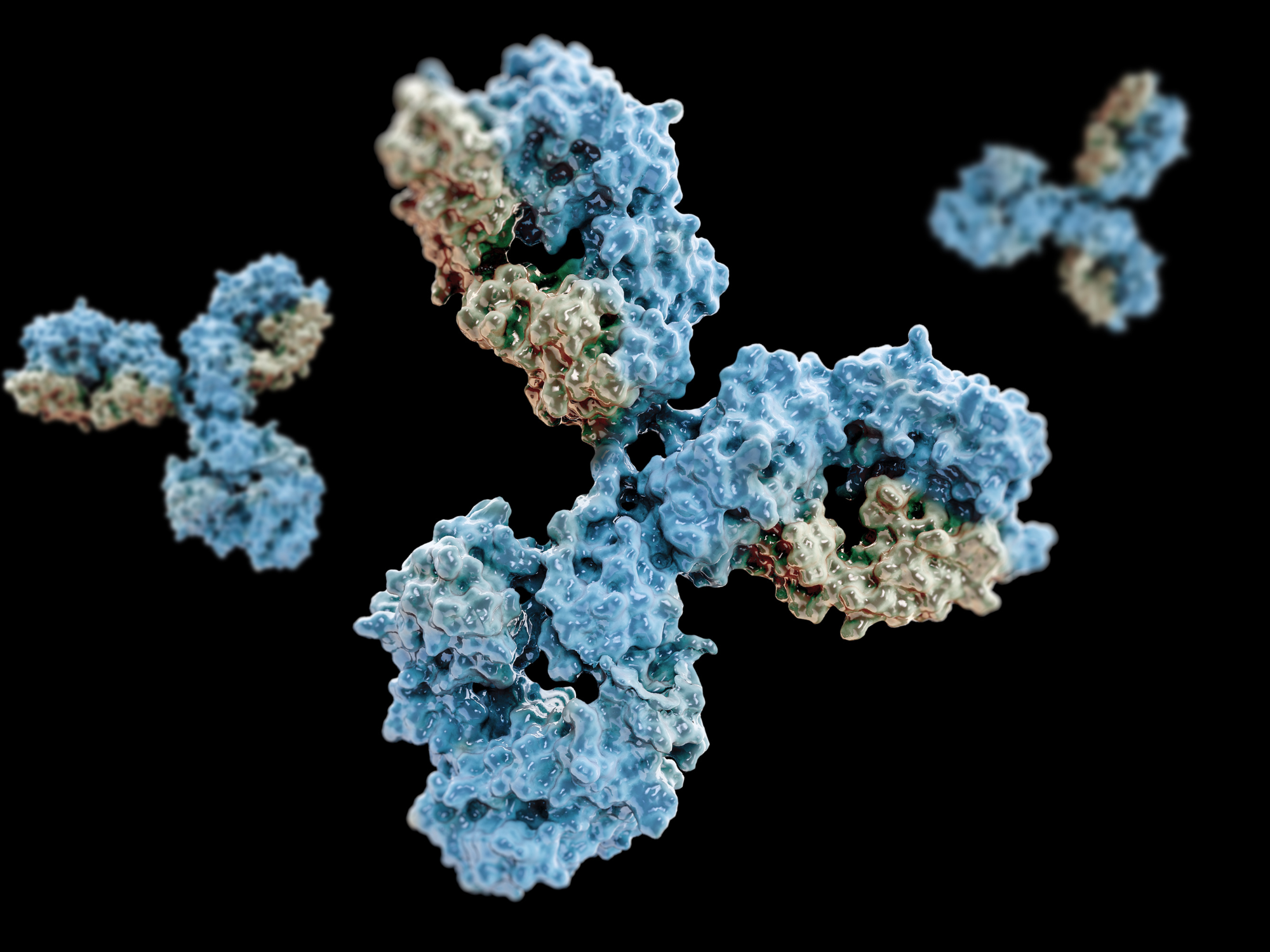Unravelling the Link Between Type 2 Diabetes and Proteins

Type 2 diabetes is a prevalent metabolic disorder characterised by insulin resistance and impaired glucose regulation. Recent research has uncovered the vital role that proteins play in the development and progression of this chronic condition. As May 22nd to 28th marks Type 2 Diabetes Prevention Week, we take a look at four of the critical links between proteins and the disease, as understanding these links can pave the way for effective prevention and management strategies.
Insulin Resistance and Protein Signalling:
Insulin resistance lies at the core of type 2 diabetes. Proteins involved in insulin signalling pathways, such as insulin receptors, IRS proteins, and Akt, have been found to play crucial roles. Dysfunction in these proteins disrupts the communication between insulin and its target tissues, leading to reduced glucose uptake and impaired metabolism.
Beta-Cell Dysfunction and Protein Regulators:
Beta cells in the pancreas produce insulin, and their dysfunction contributes to type 2 diabetes. Proteins like glucokinase, ATP-sensitive potassium channels, and transcription factors regulate beta-cell function and insulin secretion. Alterations in these proteins compromise beta-cell health, leading to inadequate insulin production and elevated blood sugar levels.
Advanced Glycation End Products (AGEs):
Persistently high blood glucose levels in type 2 diabetes result in the formation of AGEs, modified proteins or lipids. AGEs contribute to the development of diabetic complications by causing damage to blood vessels, nerves, and tissues. Managing blood sugar levels is crucial in preventing the accumulation of advanced glycation end products and reducing diabetes-related complications.
Inflammation and Protein-Mediated Responses:
Inflammation is a hallmark of type 2 diabetes. Proteins, including cytokines, chemokines, and inflammatory mediators, are central to the inflammatory response. Chronic low-grade inflammation exacerbates insulin resistance and beta-cell dysfunction, further worsening the disease.
Given the numerous associations between proteins and the development and progression of type 2 diabetes, it is no surprise that focusing on maintaining a balanced protein profile and promoting a healthy lifestyle can help individuals to reduce their risk of developing type 2 diabetes. Ultimately, with ongoing research further elucidating the specific protein mechanisms involved, we can work towards more effective treatments and personalised approaches to combat this prevalent metabolic disorder.
Join Oxford Global’s annual Antibody Engineering 2023: Online event today. This intensive 2-day meeting delves into the latest in antibody engineering and antibody-based therapeutics & a meeting place for experts working within engineering, computational tools and antibody-based therapeutics. Download the agenda to join prominent leaders and scientists as they share new case studies, innovative data, and exciting industry outlooks.









